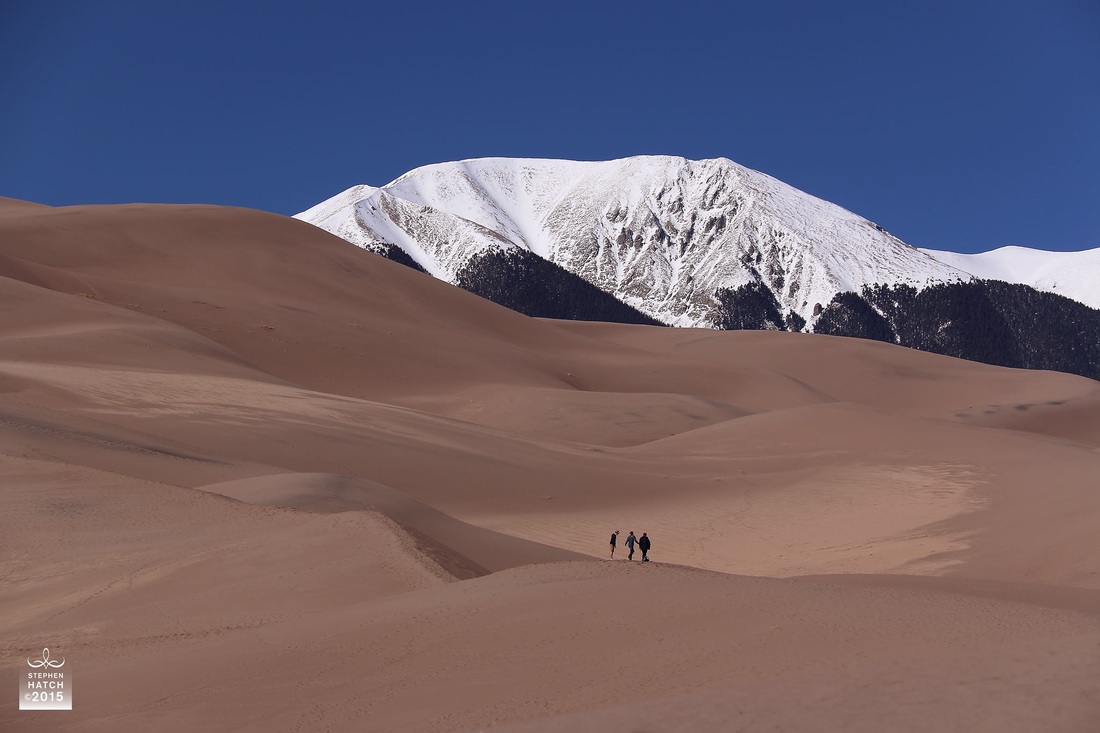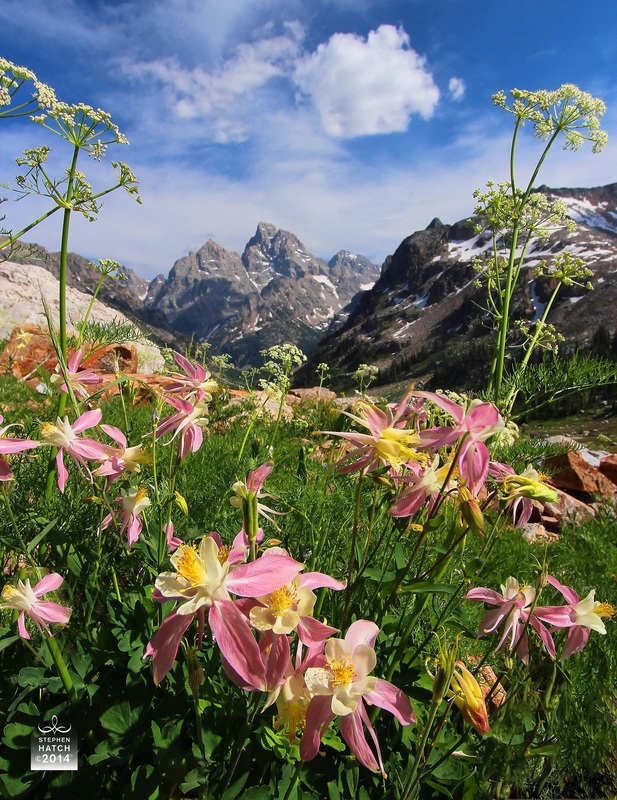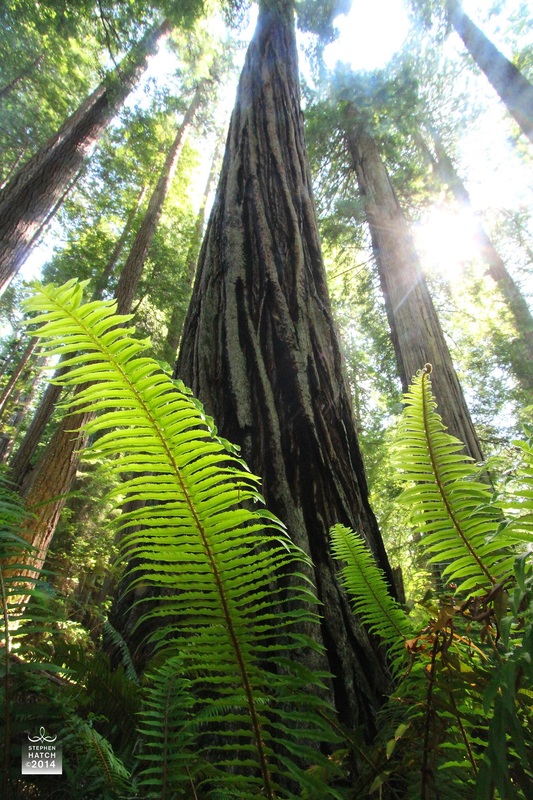|
ADMISSION IS FREE FOR ALL NATIONAL PARKS THIS COMING WEEK - APRIL 16-24 - IN CELEBRATION OF NATIONAL PARK WEEK! The National Park Service is celebrating its 100th birthday this year and is honoring its formation this coming week by observing National Park Week! Hooray for National Parks! For all of America's flaws, the trait that makes me proudest of our country is our capacity - when we really set our minds and hearts to it - to restrain ourselves and our tendency toward endless development, and instead to set aside vast swathes of land for preservation and for the benefit and enjoyment of future generations. While the Puritans often get a bad rap (and they, like ALL of us, definitely had their shadow side), what people often fail to acknowledge is the fact that the Puritan mindset was a major influence in the formation of the American wilderness preservation system. Because the Puritans believed that human beings - and human societies by extension - are naturally flawed, they looked to wild places to provide spiritual sanctuary and an ongoing sense of God's presence. Our preservation of landscapes "where man himself is a visitor who does not remain" (in the words of the Wilderness Act of 1964) arises in large part from our modern impulse to rightly fear the negative impacts that our corporate-industrial lifestyle have on the landscape and on the Earth that sustains us. During my undergraduate years at Colorado State University, I took a course from Holmes Rolston III (often named "The Grandfather of Environmental Ethics") entitled "The Aesthetic Appreciation of Nature." In this course, we studied the difference between the European land aesthetic - and by extension, that of much of the rest of the world - and that of America. In Europe, a landscape is considered beautiful if, for example, mountain ecosystems are interspersed with evidence of human civilization, especially with picturesque towns and villages. By contrast, America considers a landscape beautiful if it is composed of VAST TRACTS OF UNPOPULATED LANDS. Interestingly, Aldo Leopold, whose ideas influenced the formation of the first wilderness areas, wrote in 1921 that wilderness should be "a continuous stretch of country preserved in its natural state" that is "big enough to absorb a TWO WEEKS' pack trip" without ever encountering a road or building. While we hopefully no longer believe, as the Puritans did, that human nature is innately corrupted, we do retain their sense that modern human society is problematic and that we therefore need to preserve sacred natural places which will enable us to get away from our corporate-industrial society in order to experience "God's First Temples," as John Muir once put it - wild places where the Divine Presence can be encountered directly in an atmosphere of silence, solitude and beauty. The creation of the National Park Service in 1916 is a direct consequence of this mindset. April 16-24 is National Park Week, and admission to all National Parks is free! Get out and celebrate YOUR Parks! Photos: Great Sand Dunes National Park (CO), Grand Teton National Park (WY), and Redwood National Park (CA). For Spiritual Direction or Workshops, please visit: http://www.resourcesforspiritualgrowth.com/
0 Comments
Leave a Reply. |
AuthorStephen Hatch, M.A. is a spiritual teacher and photographer from Fort Collins, Colorado. His approach is contemplative, inter-spiritual, and Earth-based. Archives
June 2016
Categories |



 RSS Feed
RSS Feed
